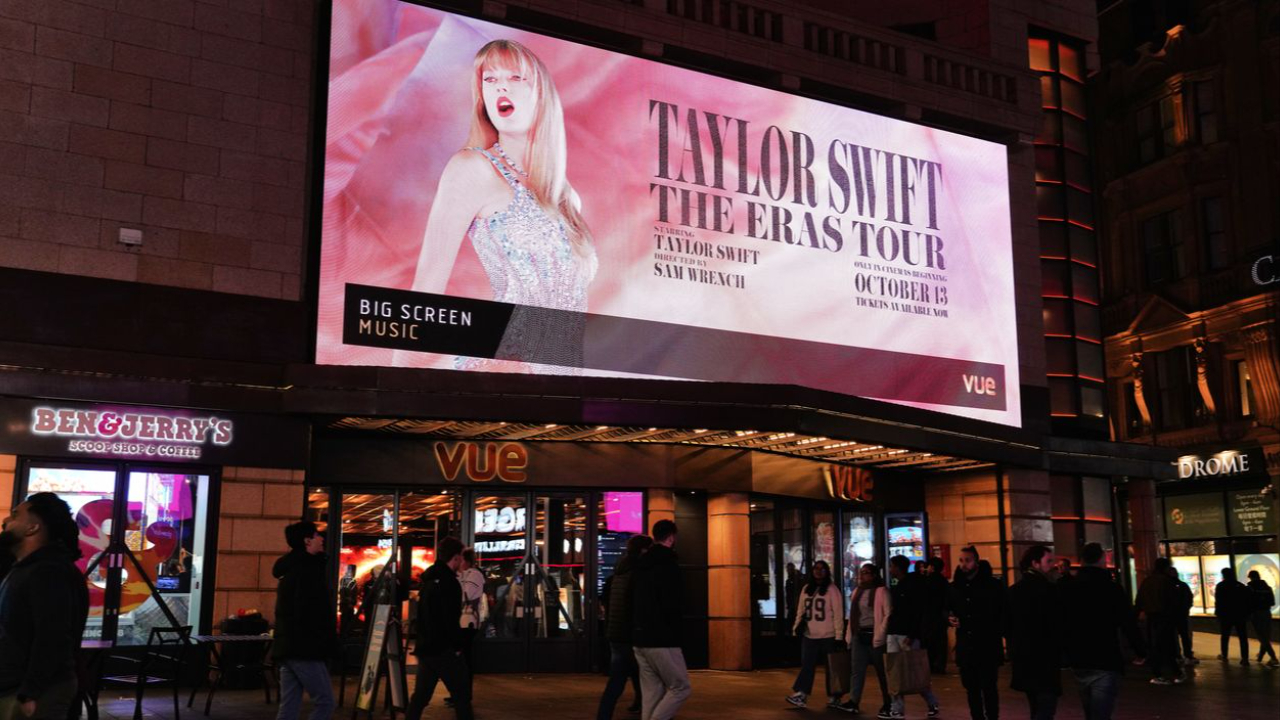I can't say that! It's too controversial
Oct 29, 2021
One of the most common things women say about why they're not speaking up on a topic they're passionate about is; it's too controversial. 'People will be upset, challenged, they won't understand me' are some of the ways it's expressed.
If you've thought this yourself, here's something to ponder; everything that's really important in the world is controversial in some way.
Think about a few controversial moments in history:
- The Suffragettes were ridiculed for being so 'brazen' as to presume women would have something valuable to contribute to the political arena.
- The second wave of feminists were considered to be destroying families and stealing men's jobs for promoting a woman's right to work.
- Nelson Mandela was imprisoned for speaking up against racial injustice.
- Oprah's comment about 'not eating another burger' during an episode of her show on mad cow's disease was so controversial to Texan cattle ranchers that they took her to court.
- Malala Yousafzai was shot in the face for speaking up about a girl's right to be educated.
- Scientists have faced untold criticism for speaking up about climate change and the incredibly inspiring and articulate Greta Thunberg has faced all sorts of opponents because she refuses to let political leaders off the hook when it comes to climate change.
Everyone who has said anything worth listening to is, at some point, considered controversial by someone.
Some people think it's controversial to speak about religion or politics, others think it's controversial to be a vegan or to talk about how much money you make. Some people think talking about sexual assault or a woman's right to an abortion is controversial, while others believe that recommending alternative therapies to treat chronic illnesses is controversial. For me, I categorise all of these topics not as 'controversial', but as 'life'. So unless I want to exist on the fringes of life, I'm going to talk about them in either my business or in my home.
And in speaking up about these topics I'm going to think about a few things:
- Who my audience is and whether I'm wasting my time or theirs by raising a particular topic.
In my business particularly, I'm looking for audiences that are likely to be friendly to my message or at least open minded enough to hear it. - My purpose in speaking up.
If it's just to prove someone else wrong, I'm doing no one any favours and am likely entrenching the other person in their pre-existing viewpoint. If on the other hand, I'm speaking up because there's an inner calling to say something, I trust that there's someone listening who's waiting to hear exactly what I have to say. - The manner in which I speak up.
Tone was something my Dad taught me about when I was growing up. He would constantly say to me and my siblings; 'The way you say it is just as important as what you say.' For a long time I didn't want to hear that until I realised I was shooting myself in the foot by not heeding his advice. The lightbulb came on when I realised that I wasn't being effective in my communication by not taking tone into account. When I finally focused on the outcome I wanted to achieve rather than the way I felt in that moment, I was able to take a step back and think about the person or people I was communicating with.
I was also able to reflect on the way I respond to other people's tone; when someone seems to be yelling at me, it's rare I hear what they're actually saying for example. When someone adopts a patronising tone, I also find myself responding to the fact that they're patronising me, rather than listening to the words they're saying. Remembering that, I realised that if I want my words to resonate, then how I deliver my message is just as important as the words I use.
Even taking all of this into account, invariably there are going to be people who don't agree with you. Sometimes there'll be lots of people who don't agree with you.
Knowing this, you've got two choices; speak or stay silent.
I choose to speak and the way that I've come to peace with that decision is I stay more focused on the people who want to hear from me than I do on the people who don't. I don't pretend to speak to everyone and because I don't, the opinions of the people I'm not speaking to have become irrelevant to me.
From time to time I get white men who have instagram accounts that are always private, reference the NRA, and have American flags, guns and some other dog whistling markers on their bio. They make comments that are designed to inflame me. But knowing that they're not the people I'm trying to reach, what do I care about their opinion? I don't care at all. It's not my job to make them decent human beings who aren't misogynistic arseholes. It's someone's job for sure. But it's not mine. So I'm not going to waste a second of my time even contemplating having a conversation with them. My inner response is always 'Wrong lane buddy' as I report and block them and then delete their comment. And then I move right along to the women I'm here to serve.
I've come to believe that doing anything else is doing an enormous disservice to yourself and to the people you are here to serve. So block, delete, move on.
In the face of know that there are people who will disagree with you, some people take the waiting game. They bide their time, waiting for the world to be sufficiently open to their idea before they say anything. Here's the problem with that; they think the problem is out there. That there'll be a point when everyone is on board. It's just not going to happen. Name one topic on which there's universal consent across the globe. I can't think of one.
The problem isn't out there. The problem is within. The question isn't whether other people are ready for you. The question is, are you ready to be seen by them?
If you wait for some indication from the world at large, you will have waited too long. You'll miss your window as other people, less hampered by their own fears, speak up. Meaning that by the time you do pluck up the courage, so many people will already have spoken up about your topic that your contribution will be minuscule at best.
So, what do you want to be known as?
The person who quietly remained in the corner, not saying anything for fear of criticism? Or the woman who made a difference, changed people's hearts, and made people think or feel something new?
Your actions and your words show you what you care about the most.
Take a moment to consider your current actions and words. What do they tell you about your values? About what you really stand for and what you're willing to accept or let slide?
Are you comfortable with what that says?
Silence supports the status quo.
Waiting, prevaricating, and doing nothing upholds it.
Is that really what you want?





